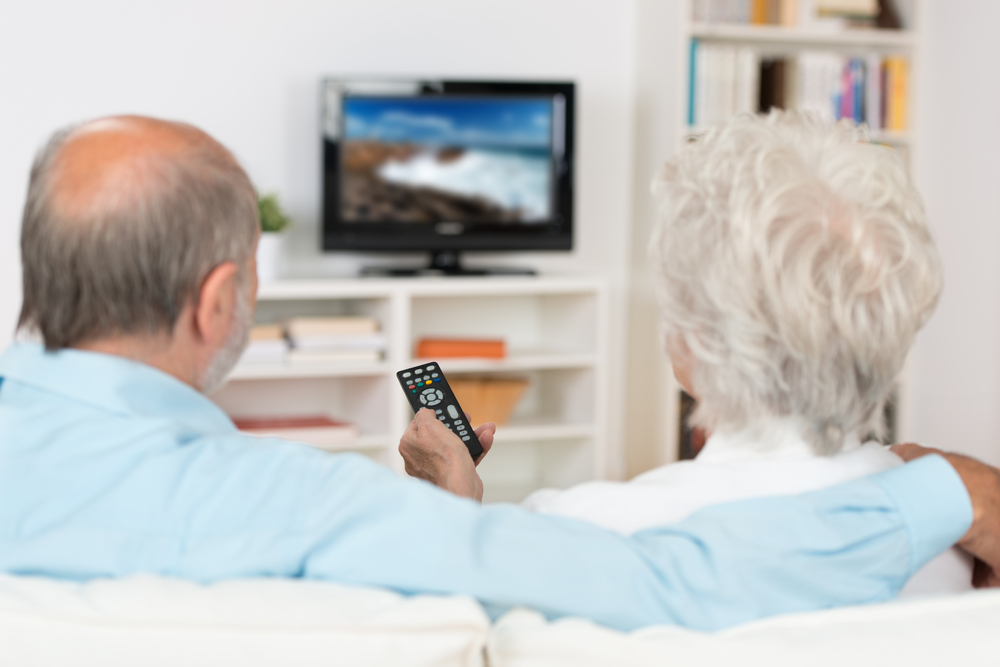Household Bills
Biggest hint yet that TV licence fee could be scrapped

The BBC TV licence fee could be scrapped as the government says it will review its funding model to make it less reliant on this income stream.
Culture secretary Nadine Dorries has given the biggest hint that the BBC TV licence fee could be scrapped.
As part of the government’s broadcasting white paper outlining the challenges facing the sector and actions to be taken, Dorries confirmed the TV licence fee would be frozen for two years, before rising with inflation from April 2024.
“The government believes this settlement will give the BBC the money it needs to fulfil its mission and public purpose effectively, while making sure we support households through a difficult time,” the paper stated.
The current TV licence fee is £159 per household. Those who are blind or severely sight impaired are entitled to a 50% discount. A black-and-white TV licence costs £53.50.
Since August 2020, everyone aged 75 or over now needs to pay for their TV licence. The only exception to this is for pension credit claimants who can get the licence for free.
While the licence fee is guaranteed until at least 31 December 2027 by the BBC’s royal charter, which sets out the broadcaster’s funding and purpose, Dorries said the government will carry out a review of the licence fee funding model ahead of the next charter period.
The whitepaper explained that when the government last reviewed the licence fee model in 2015/16, “it recognised there were a number of drawbacks to the licence fee, but concluded it remained the most appropriate funding model for the BBC for this charter period”.
However, it stated that the broadcasting sector continues to change rapidly, with technology revolutionising how, when, and where audiences can access and watch content.
“An increasing number of households are choosing not to hold a TV licence, as fewer people choose to watch live TV or other activities that require a TV licence.
“Should this trend continue as expected there are clear challenges on the horizon to the sustainability of the licence fee. For example, if fewer households are required to hold a TV licence, and there is a desire to maintain the BBC’s current level of funding, then the price of the licence fee would need to increase, potentially significantly, for those households who continue to be required to hold a TV licence.”
It added that it’s concerned that the licence fee is enforced by criminal sanctions which are “increasingly disproportionate and unfair” and are potentially taken against vulnerable elderly people. Further, it noted the disparity in the sanctions in women as “unfair”, given that 74% of people convicted for TV licence evasion in 2019 were women.
The whitepaper also read: “The government wants to see the BBC continue to succeed, which is why we need to consider the most fair and appropriate funding mechanism to be introduced at the end of the current Charter period.”
It added that the government will continue to support the BBC in diversifying its income streams to be less reliant on the licence fee.
Possible suggestions given as part of the licence fee settlement published in January 2022 include a subscription service, part-privatisation, or direct government funding.